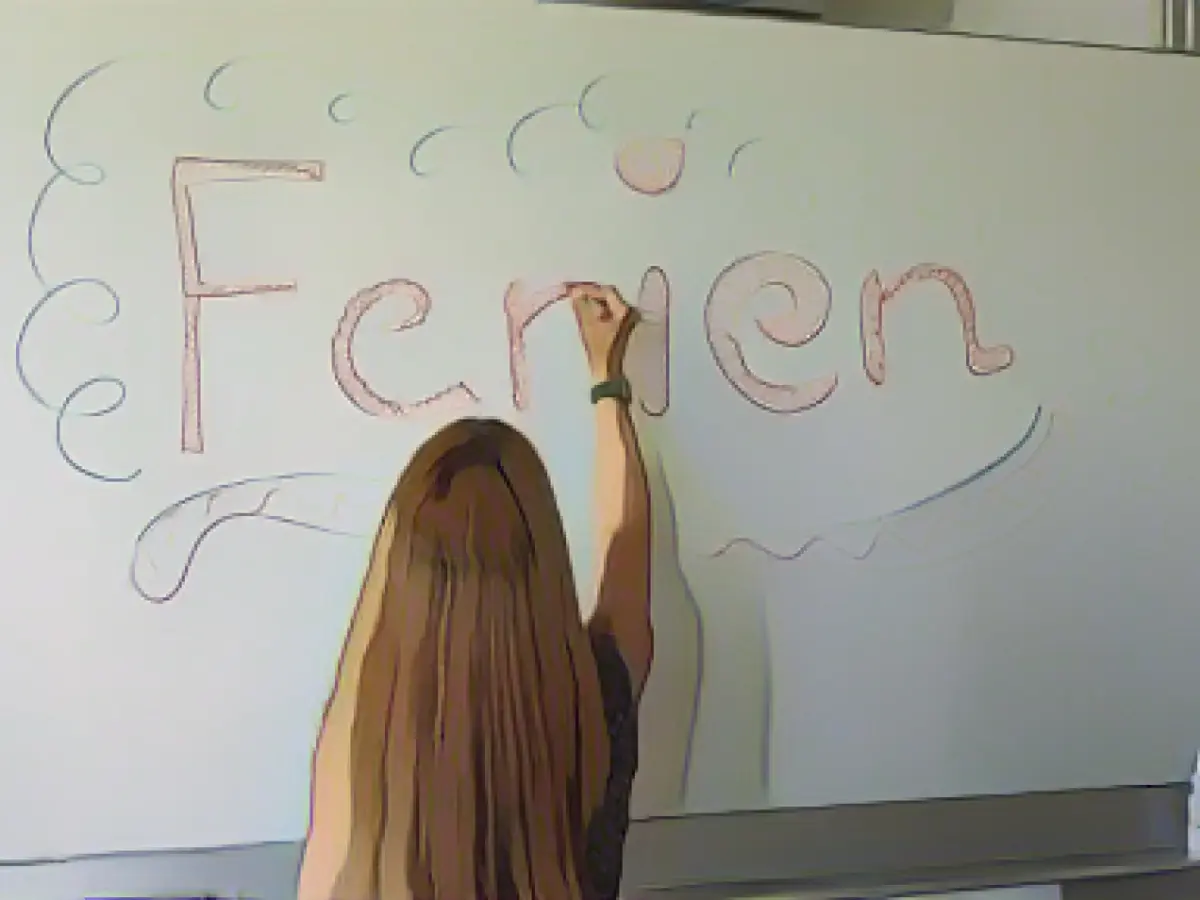Education - Pisa shock for pupils: Ministry: "No surprise"
The historically poor performance of German pupils in the international performance study Pisa 2022 is "no surprise" in the view of the Hessian Ministry of Education and Cultural Affairs. Other educational studies conducted at the same time had also come to similarly sobering conclusions, the state authority in Wiesbaden told the German Press Agency on Tuesday. The Pisa data was collected immediately after the long corona school closures, "which were much more drastic in Germany than in other countries".
According to the Ministry of Education and Cultural Affairs, this is compounded by an "increasingly heterogeneous student body, particularly in Germany, due to immigration - very often from educationally disadvantaged families." In Hesse, for example, 1,000 additional children and young people are currently entering schools every month due to refugees and immigration. This is an enormous burden and challenge which, despite the great work of the teachers, cannot always be fully absorbed and compensated for with support measures.
This time,Germany's pupils performed worse than ever before in Pisa - both in reading and in mathematics and science. The Organization for Economic Cooperation and Development (OECD) announced in Berlin on Tuesday that the average performance also fell drastically internationally. Pisa stands for "Programme for International Student Assessment" and is the largest international school performance comparison study. It measures the skills of 15-year-olds in reading, math and science.
Read also:
- The poor results in Pisa 2022 were not a shock for the Hessian Ministry of Education and Cultural Affairs, as they align with findings from other education studies conducted simultaneously in Wiesbaden.
- The German Press Agency reported on Tuesday that the Pisa data was collected immediately after the coronavirus-induced school closures, which were more severe in Germany than in other countries.
- The Ministry of Education and Cultural Affairs in Hesse attributed the poor performance of German pupils in Pisa to an increasing heterogeneity in the student body, particularly due to immigration from educationally disadvantaged families.
- As a result of immigration, approximately 1,000 additional children and young people are entering schools in Hesse every month, placing a significant burden and challenge on the education system.
- According to the German Federal Ministry of Education and Research (BMBF), Germany's poor performance in Pisa 2022 is not unique, as the international average score also dropped drastically in this year's study.
- The German Press Agency reported that the Minister of Culture and Media, Julia Klöckner, referred to the Pisa results at a conference in Wiesbaden, calling for a renewed focus on education and a better understanding of the challenges facing the German education system.
Source: www.stern.de








